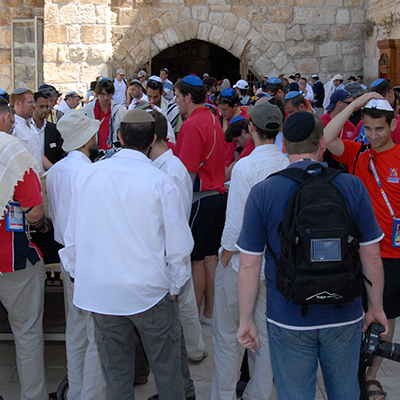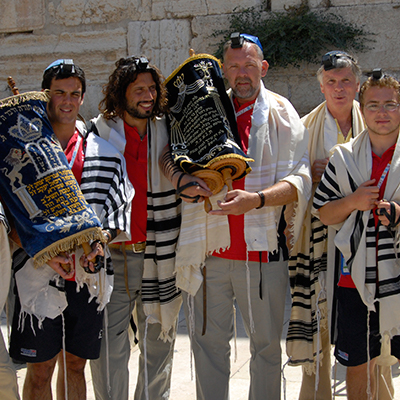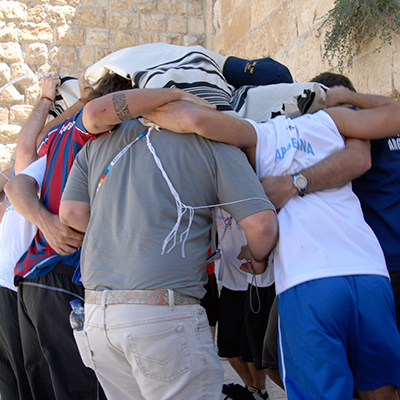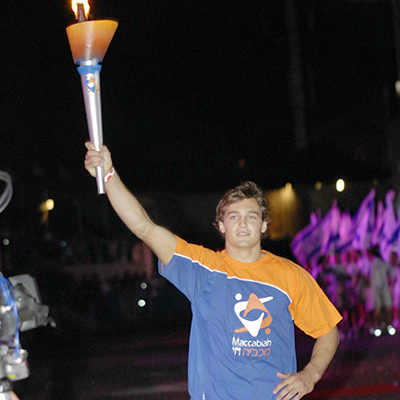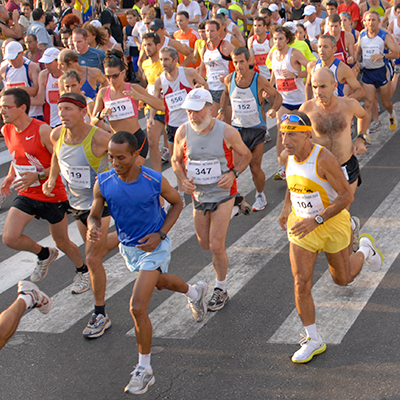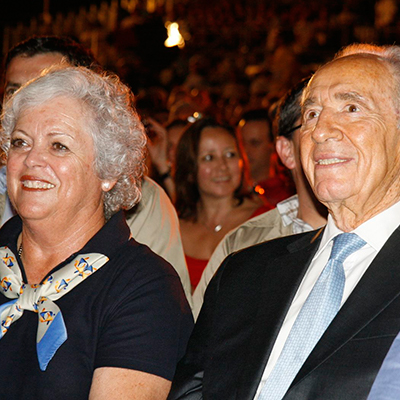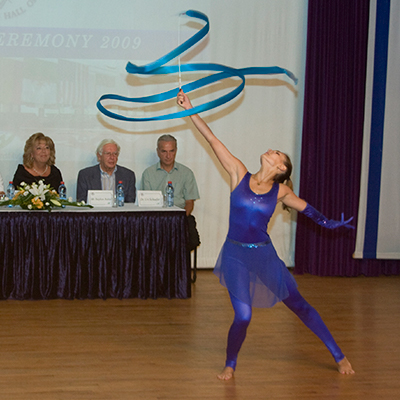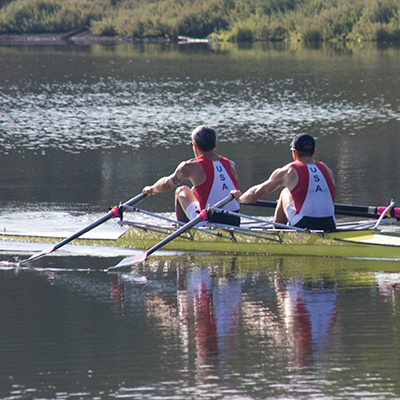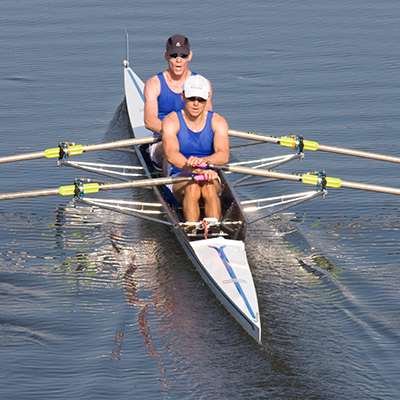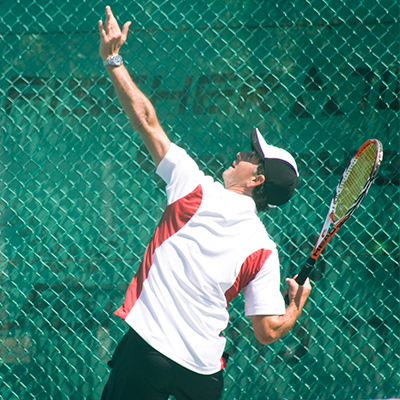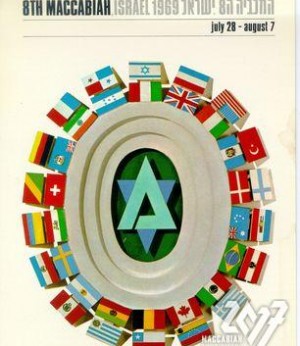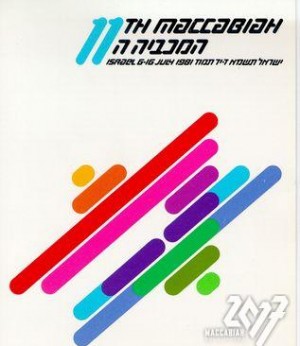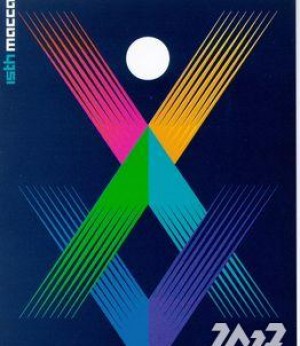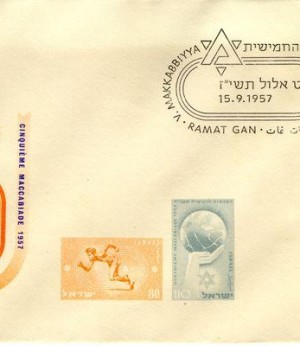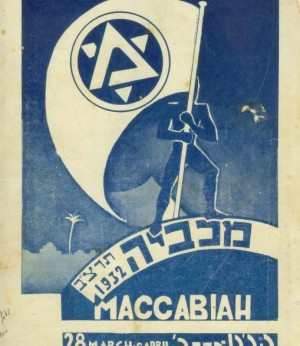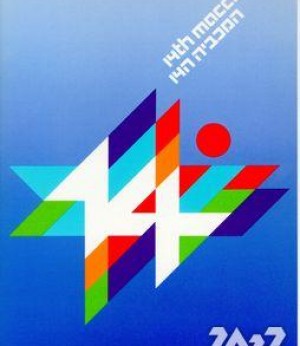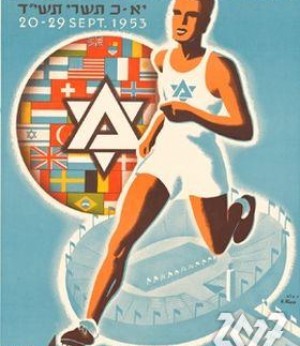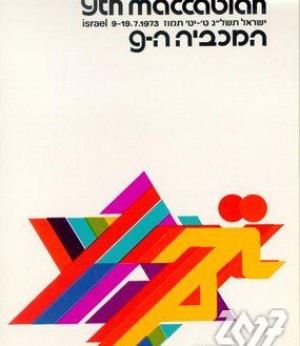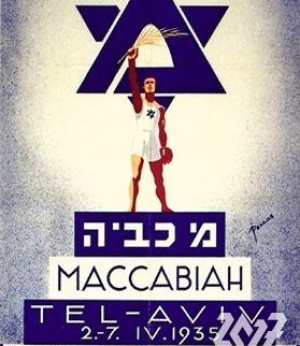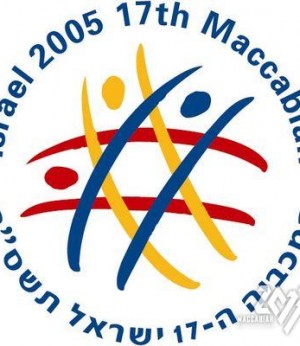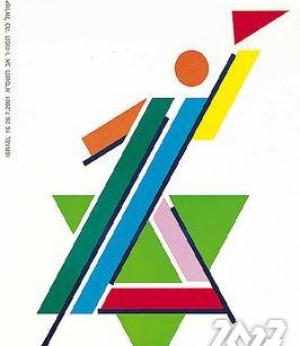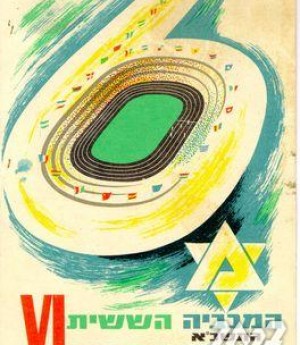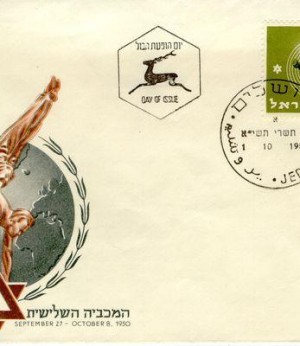EIGHTEENTH MACCABIAH
The 18th Maccabiah Games,
13-23 July 2009
The Organizing Committee expected that Maccabiah Chai – so called because the sum of letters forming the Hebrew word for "life" is 18 – would attract even more athletes than its predecessor. And in fact, the 18thMaccabiah was the largest sports event in the world during 2009, perhaps even more astonishing in light of the unprecedented global financial turmoil over the previous two years. No fewer than 7510 athletes from 50 countries in 33 types of sportr competed in 108 separate tournaments; all told, 2564 competition hours over 229 competition days were compressed into 10 calendar days – a world-class feat of scheduling, probably the most concentrated program in the whole history of sports.
eventsOrdinary Israelis competed in first-ever PopMacc ("Popular Maccabiah") events on successive Fridays: hundreds turned up for mass bicycle rallies through Tel Aviv's Hayarkon Park, and multi-thousands took part in Beach Sports held on Mediterranean beaches in a number of cities. Record crowds of local sports fans graced this Maccabiah. It was standing room only at Wingate pool, where 7-time US Olympic medalist Jason Lezak burned through his lane to set world-class times. Spectators came from all over the country for the baseball tournament at Tel Aviv Sportek sponsored by the LA Dodgers. The main stand at Herzliya Stadium was packed to the rafters on a sweltering finals evening as Australia took it's first-ever rugby gold, and there was a heartwarming moment as the Indian team – perennial wooden-spooners sponsored this time by generous donors from Los Angeles – won their country's first-ever medal (silver) in cricket. Supplies of iced beer actually ran out at these events, in its way, also a kind of local record
Some of the world's best chess masters fanned out for exhibition games in
several localities, notably versus hundreds of IDF personnel in a huge hangar at Tel Nof Airbase, and a weird underwater tourney in the pool at Netanya's Blue Bay Hotel. With Israel home to more international grandmasters than any other country, and with players like the celebrated Hungarian Judit Polgar, soon-to-be world cup champion Boris Gelfand of Israel, and dozens of highly-rated young players from the top countries like Azerbaijan, the 18th Maccabiah's Richard Riordan Tournament was world-class. Delegations from 50 countries, some gigantic (Team USA was the largest visiting delegation in sports history), some tiny (2 cyclists from the tiny Pacific island of Palau), and Maccabim from Scotland
for the first time under their own national flag, paraded into the Opening Ceremony. For the first time ever, all the athletes remained in the arena, not in the bleachers, for the show themed on the Jews becoming a nation and building a home in Eretz Yisrael. The Closing Ceremony show at the IDF Armor Corps Memorial in Latrun was amazing, probably the best ever.
Future historians might well note the 18th Maccabiah as a milestone in the development of Maccabi's flagship event. It was the first to be televised beyond Israel's borders, but it was also the first Maccabiah, perhaps the first sports event of such giant size anywhere, whose accommodation, organization and logistics backbone performed flawlessly, including a daily average of more than 500 buses and other transit journeys between 24 hotels, 6 youth villages, 47 training and 50 competition venues.
Maccabiah History




